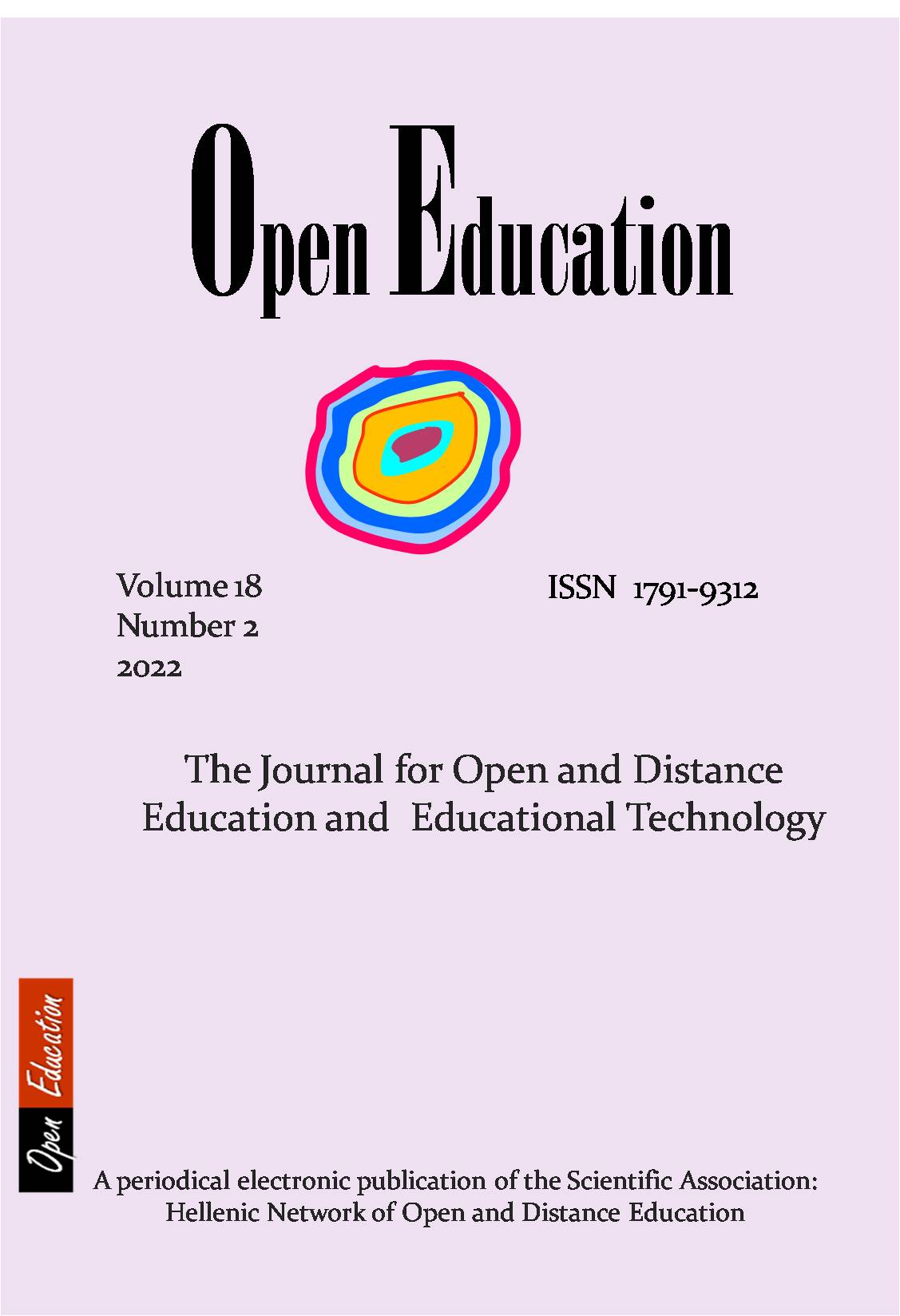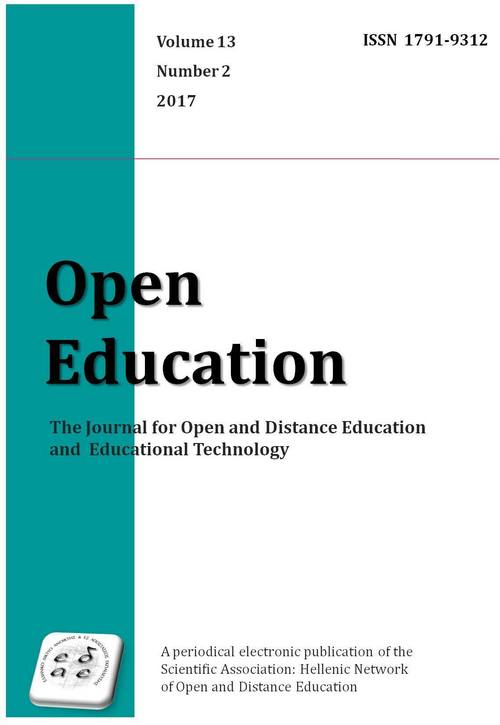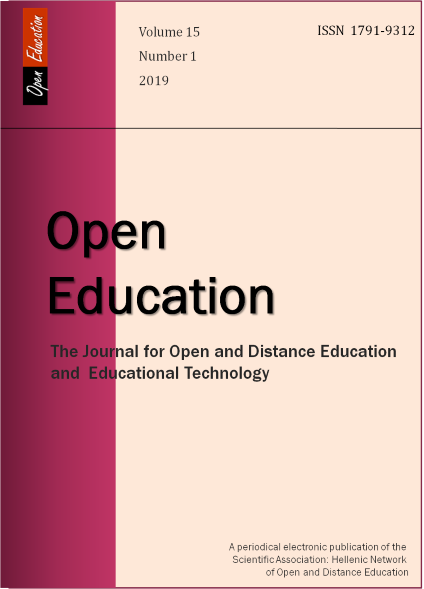Οι απόψεις των φοιτητών παιδαγωγικών τμημάτων σχετικά με τη χρήση ψηφιακών εκπαιδευτικών παιχνιδιών
Аннотация
Τα ψηφιακά εκπαιδευτικά παιχνίδια (ΨΕΠ) αποτελούν μία ενδιαφέρουσα διδακτική προσέγγιση. Ωστόσο, οι εκπαιδευτικοί είναι αυτοί που καλούνται να εφαρμόσουν τις όποιες αλλαγές στη διδασκαλία και τη μάθηση. Ως εκ τούτου, είναι ζωτικής σημασίας να γίνουν κατανοητές οι απόψεις και οι στάσεις τους επί του θέματος, ανεξάρτητα από το αν είναι εν ενεργεία εκπαιδευτικοί ή είναι ακόμα σπουδαστές. Στην εργασία αυτή χρησιμοποιήθηκε ένα ερωτηματολόγιο για τη συλλογή δεδομένων από 229 προπτυχιακούς φοιτητές που προέρχονταν από όλα τα παιδαγωγικά τμήματα της χώρας, σχετικά με τις απόψεις τους για τα ΨΕΠ. Διαπιστώθηκε ότι, παρότι τα θεωρούν ένα χρήσιμο εργαλείο, η στάση τους απέναντι σε αυτά ήταν μεταξύ ουδέτερης και ελαφρώς θετικής. Από την άλλη, η πρόθεσή τους να τα χρησιμοποιήσουν ήταν θετική. Επίσης, διαπιστώθηκε ότι το κατά πόσον θεωρούν χρήσιμα τα ΨΕΠ και η στάση τους απέναντι σε αυτά, ήταν οι καθοριστικοί παράγοντες της πρόθεσής τους να τα χρησιμοποιήσουν. Η ηλικία των συμμετεχόντων δεν έπαιξε ρόλο σε κανέναν παράγοντα, ενώ το φύλο και η συχνότητα με την οποία παίζουν βιντεοπαιχνίδια είχε αντίκτυπο μόνο στο πόσο χρήσιμα θεωρούν τα ΨΕΠ.
Article Details
- Как цитировать
-
- Раздел
- Μέρος πρώτο / Section 1

Это произведение доступно по лицензии Creative Commons «Attribution-NonCommercial-ShareAlike» («Атрибуция — Некоммерческое использование — На тех же условиях») 4.0 Всемирная.
Οι συγγραφείς των άρθρων που δημοσιεύονται στο περιοδικό διατηρούν τα δικαιώματα πνευματικής ιδιοκτησίας επί των άρθρων τους, δίνοντας στο περιοδικό το δικαίωμα της πρώτης δημοσίευσης. Άρθρα που δημοσιεύονται στο περιοδικό διατίθενται με άδεια Creative Commons 4.0 και σύμφωνα με την άδεια μπορούν να χρησιμοποιούνται ελεύθερα, με αναφορά στο/στη συγγραφέα και στην πρώτη δημοσίευση για μη κερδοσκοπικούς σκοπούς και με δικαίωμα τροποποίησης μόνον με παρόμοια διανομή (αν αναμείξετε, τροποποιήσετε, ή δημιουργήσετε πάνω στο υλικό, πρέπει να διανείμετε τις δικές σας συνεισφορές υπό την ίδια άδεια όπως και το πρωτότυπο).




